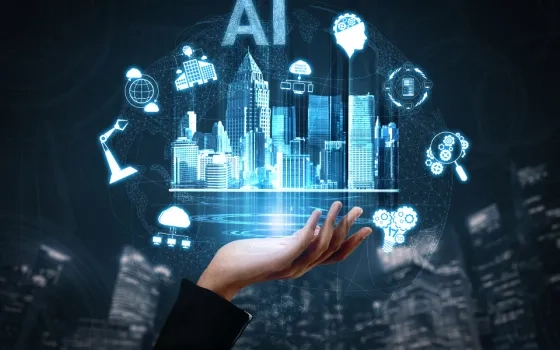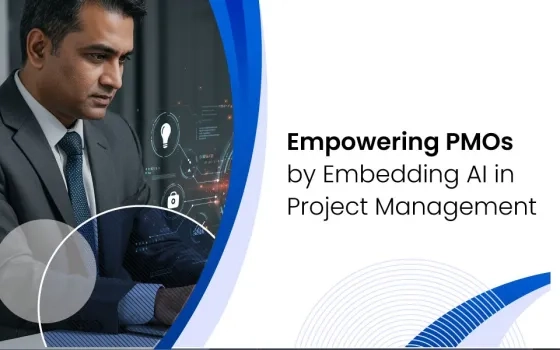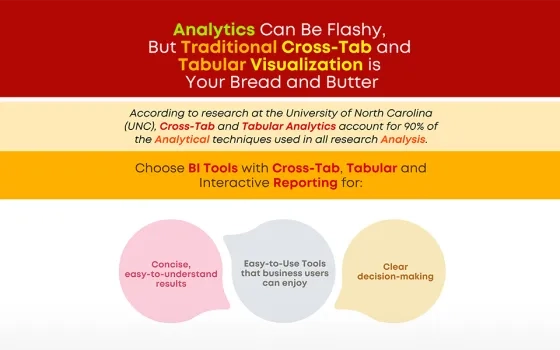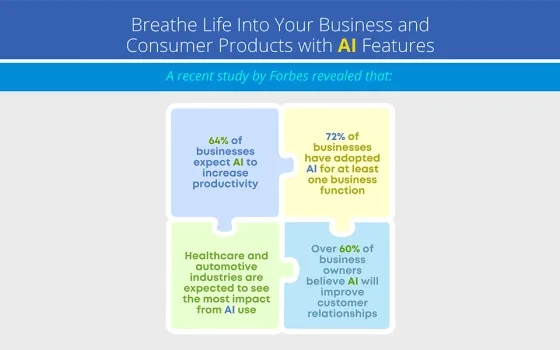The real estate industry, which is perceived to be one of the lowest digitized industries in India, is undergoing a digital transformation to remain relevant and offer high value to stakeholders. Technology, data and innovation are the key drivers of digital transformation that are redefining business processes in this new digital era. Amidst the trepidations of the pandemic, technology has proven to be an effective tool across various industries through applications such as Artificial Intelligence (AI), Machine Learning (ML) and robotics.
Moreover, with rise in Big Data and Internet of Things (IoT), businesses are now able to accurately analyze customer behavior and make informed decisions. These analytical tools have also proven useful in gathering and analyzing large amount of real time and historic data of different kinds of building systems like electrical, HVAC, fire safety, telecommunications, and other utilities, effectively managing their operations at low costs.
Use of technology in design-build-operate lifecycles of projects has improved accuracy and efficiency through automated functions and predictive analytics, while helping businesses to identify and mitigate onsite as well as off-site risks. For instance, IoT technology is playing pivotal role in reducing occupational risks on construction sites by tracking worker and vehicle movements through sensors and measuring exhaustion through biometric sensors. Realizing this opportunity, developers and stakeholders are increasingly embracing technology and incorporating various tech-based solutions for better design and execution of their projects with minimum human intervention.
Technologies optimizing building facility management
Over the last few years, AI and IoT have been extensively explored by the developers and occupiers to monitor building operations such as automated smart parking, which allows the users to find and reserve parking slots, automated sliding doors with scanners for secured entry/exit, and predictive and automatic maintenance solutions for utilities. Predictive maintenance can save 8%-12% over preventative maintenance, and about 40% on reactive maintenance. Automated facility management systems have been the most effective in streamlining the whole function with more accuracy and minimum human oversight. By using machine learning and real time data, these can analyze and predict the factors which trigger repairs and perform maintenance ahead of time. In commercial real estate, these also cater swiftly to employee generated actions like maintenance support tickets and automatic cleaning solutions, thus increasing the efficiency of the overall facility management system.
Technology to make project planning and construction more efficient
AI and IoT technologies are adopted in the construction industry to overcome challenges like safety issues, labor & resource shortages, cost and time overruns. Full-scale digitization can help the construction sector to generate about 12% to 20% in annual cost savings. Applications like 3D printing which allows the flexibility to print complex designs while significantly reducing the construction time and labour costs, self-cleaning building materials which minimizes the maintenance and operational cost, safety alerts which analyses the operations and safety measures taken on site and notifies the authorities in case of any infringements are some of the technologies which are being adopted by the construction industry. One of the important sectors where technology has intervened is efficient project planning where AI and machine learning is used to track the real time on-field construction condition and in case of any issues, offer suitable solutions based on the historical data feed from similar projects. These technologies also track the project cost and time can predict overruns based on factors like size of the project, type of contract, leadership competency and resource availability and thus can notify the authorities with necessary recommendations.
PropTech enhancing property transaction experience
AI and Machine learning applications can perform different analysis on a real estate property to determine its valuation, make future value predictions, anticipate price trend fluctuations, calculate current market rents & comparable similar properties. These can increase market flexibility and help the real estate investors and home buyers to find valued properties, distresses properties and off-market opportunities for value creation. Technology intervention has also altered the buying and selling patterns of properties by empowering both the buyers and sellers with access to more data thus influencing their decision-making patterns. Technologies like virtual home tours through AR/VR applications, AI chat bots, remote surveying, drone surveying has allowed the investors and buyers to indulge in an immersive property buying and renting experience, while also saving their time by surveying multiple properties in a limited time period. Real estate marketplaces involve different AI based algorithms to help its users personalize and streamline their property search by identifying the user’s preferences and choice through automated search engines and enquiries.
Smart functions in vertical transportation equipment to fetch higher returns
Developers have also introduced AI technologies in the building elevators and escalators with features like touchless and voice-controlled panels, temperature sensor and automatic disinfection systems using UV lights. Advanced technologies in elevator and escalator industry such as predictive and preventive maintenance use machine learning to predict the faults and perform the necessary service beforehand to prevent a breakdown of the lift or escalator. The functions of these vertical transportation equipment can also be monitored remotely by the management personnel to monitor and obtain information like the duration of lift operation, position and motion speed of the lifts, power consumption, breakdown and emergency fault notifications. Buildings equipped with these ‘smart functions’ fetch higher returns and property appreciation and recommend developers to include them as a part of their real estate.
Apart from property related information, some applications also collect data on neighborhood transport services, crime rates, nearby social infrastructure facilities like schools and hospitals and predict which properties and neighborhoods will give the highest returns. Specific AI algorithms also help the sellers and landlords in identifying eligible and prospective customers and generate leads for potential buyers by using natural language processing programs to identify these potential customers and thus target their marketing campaigns and promotions towards these identified leads. This has made the complete procedure of buying, selling, and renting of properties more transparent. We advise the developers and brokers to adopt these technologies to distinguish their offerings and gain a competitive advantage in the market.
Real-time data to aid health and wellness
Although technology has empowered the real estate industry with various data driven decisions backed with an enormous data bank, majority of these accumulated data remains unfiltered and lacks standardization. Landlords and employers focusing on employee health and well-being in this pandemic should look for technology-based solutions which can be applied to monitor real-time occupancy of the building, and can be beneficial in crowd management operations and maintaining social distancing, while improving the overall employee safety experience. On a broader platform, big data analysis with AI and machine learning technologies can give insights to the investors and buyers about potential industry growth and can play an important role in re-shaping the real estate industry to make it more efficient.
For more information, please visit: https://www.colliers.com/en-in



















